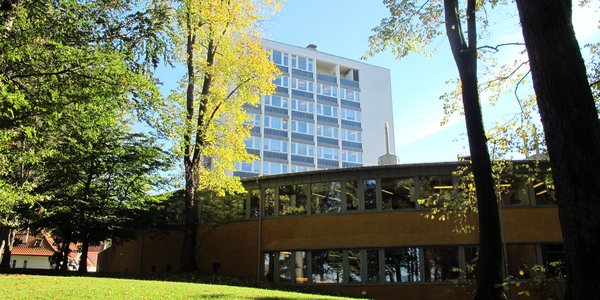January
Result: (38) Showing 1 - 30

IMR and NIFES share the same homepage
29.11.2017

Have more answers about seafood and health
08.11.2017

Mould toxins can end up in fish feed
16.10.2017

Good status for imported seafood
13.10.2017

Norway receives praise for its ocean science
13.10.2017

New dietary recommendations for salmon
06.10.2017

Could kelp be the new potato?
25.08.2017

Recommends reducing cod quota by 20%
13.06.2017

Can pesticides end up in salmon?
30.05.2017

Norwegian bivalve molluscs in good condition
24.05.2017

Dr. Fridtjof Nansen has started working
18.05.2017

















